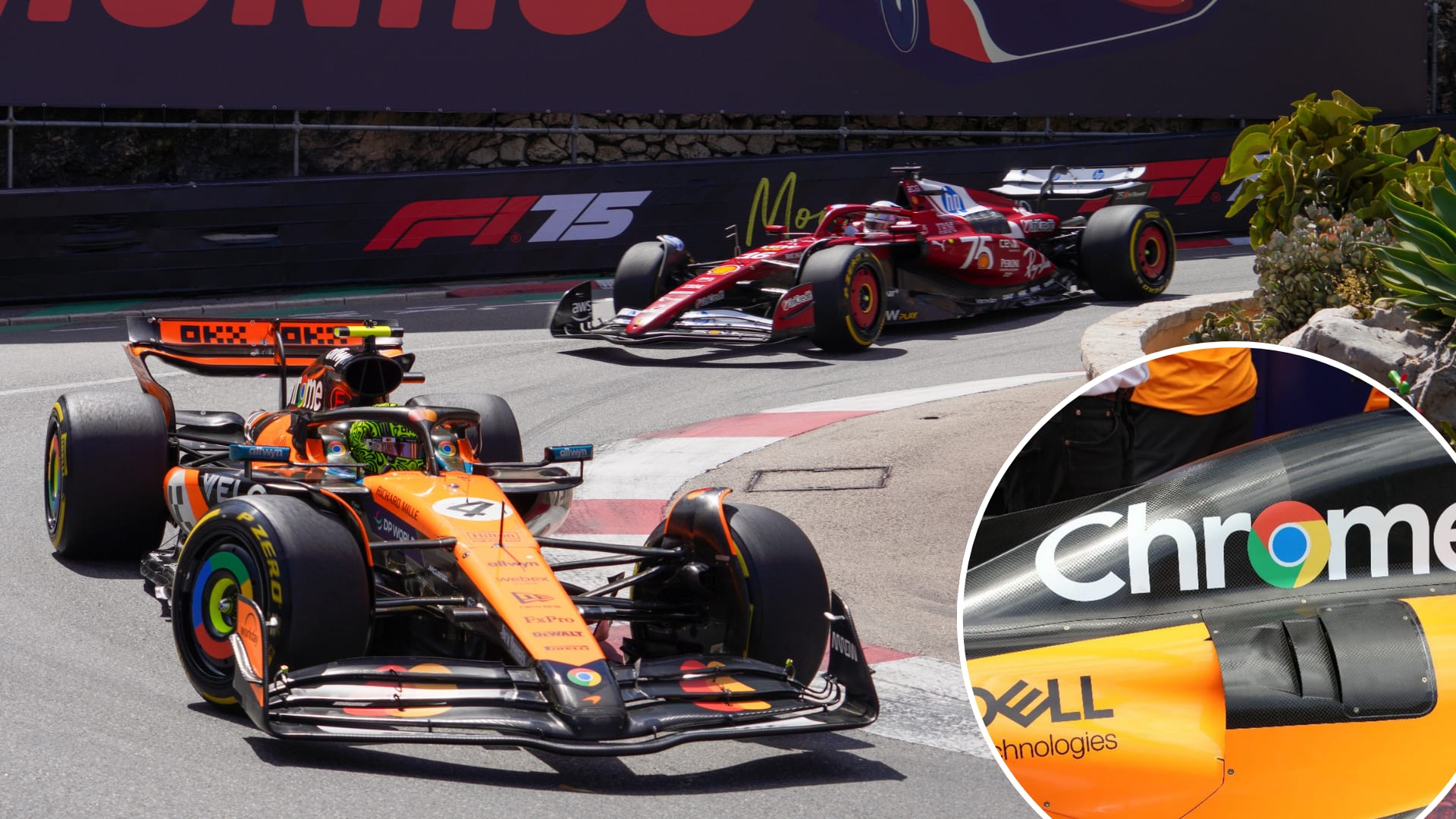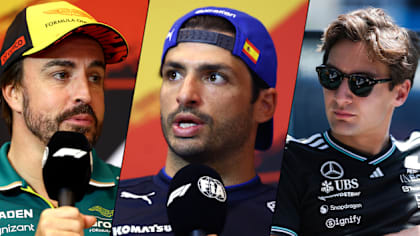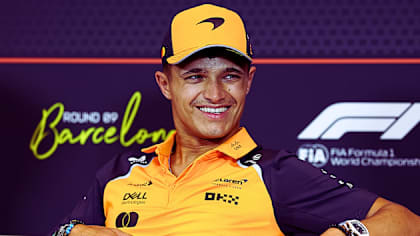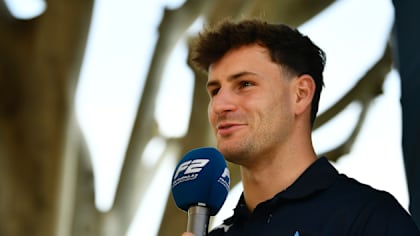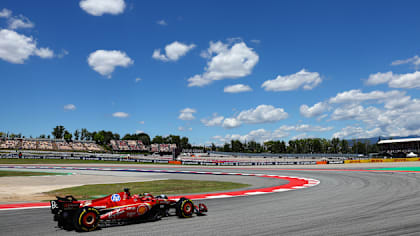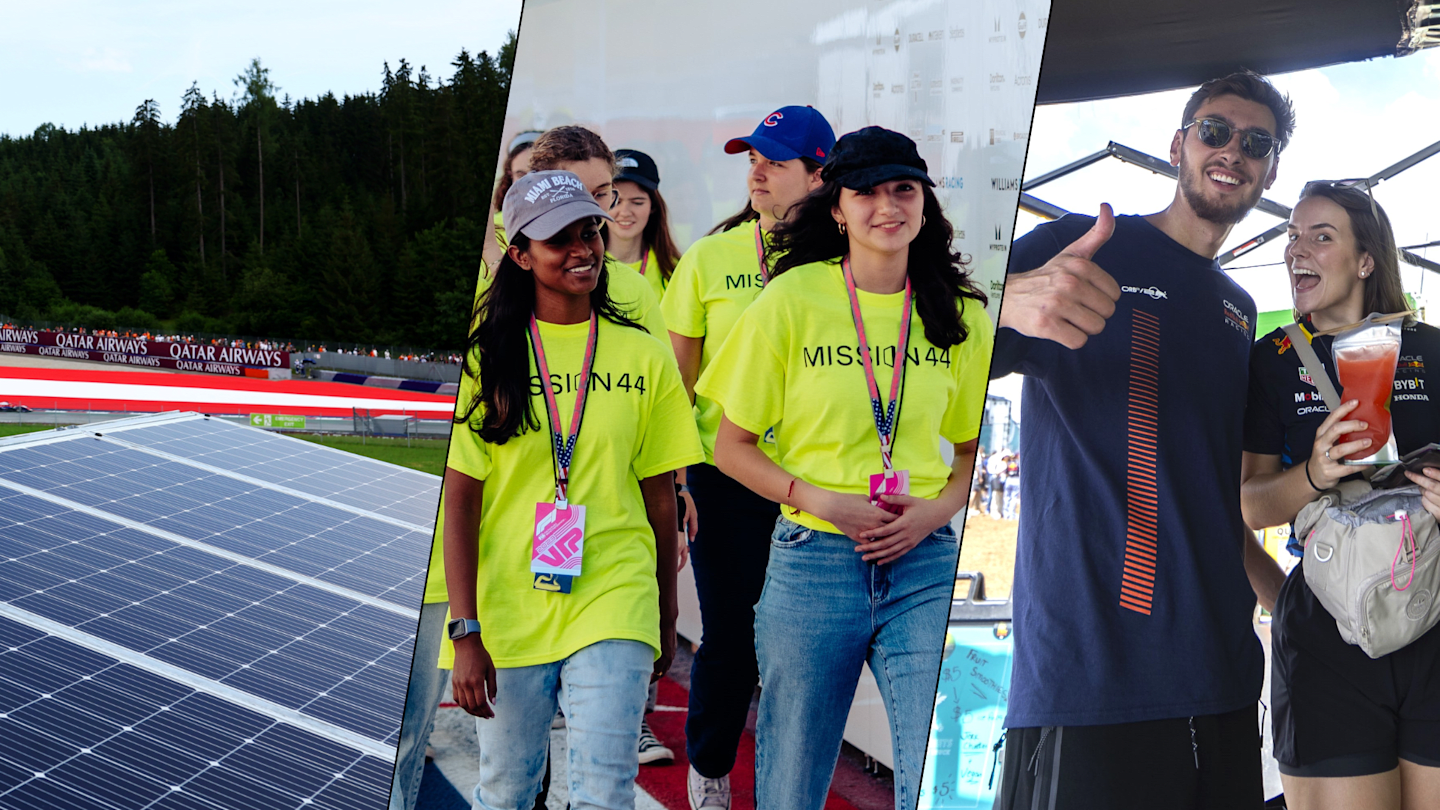
Feature
Engineering scholars, charity support and meeting F1 heroes – The key ESG highlights from the first half of the 2024 F1 season
Share

As F1 enters into its summer break, we’ve been taking a look back at some of the key ESG (Environmental, Social and Governance) highlights from the 14 Grands Prix so far this year, featuring numerous sustainability and social impact initiatives…
Bahrain
As the season got under way at the Bahrain International Circuit, an onsite 3.5mw solar farm delivered enough clean energy throughout the year to power all F1 requirements.
READ MORE: Formula 1 becomes first motorsport competition to use Pirelli FSC-certified tyres
Numerous initiatives were also implemented to reduce waste across the circuit, such as seating areas featuring upcycled materials and food and beverage vendors unable to sell single-use plastic products.
Additionally, Pirelli announced the use of more sustainable FSC-certified tyres for the 2024 season.
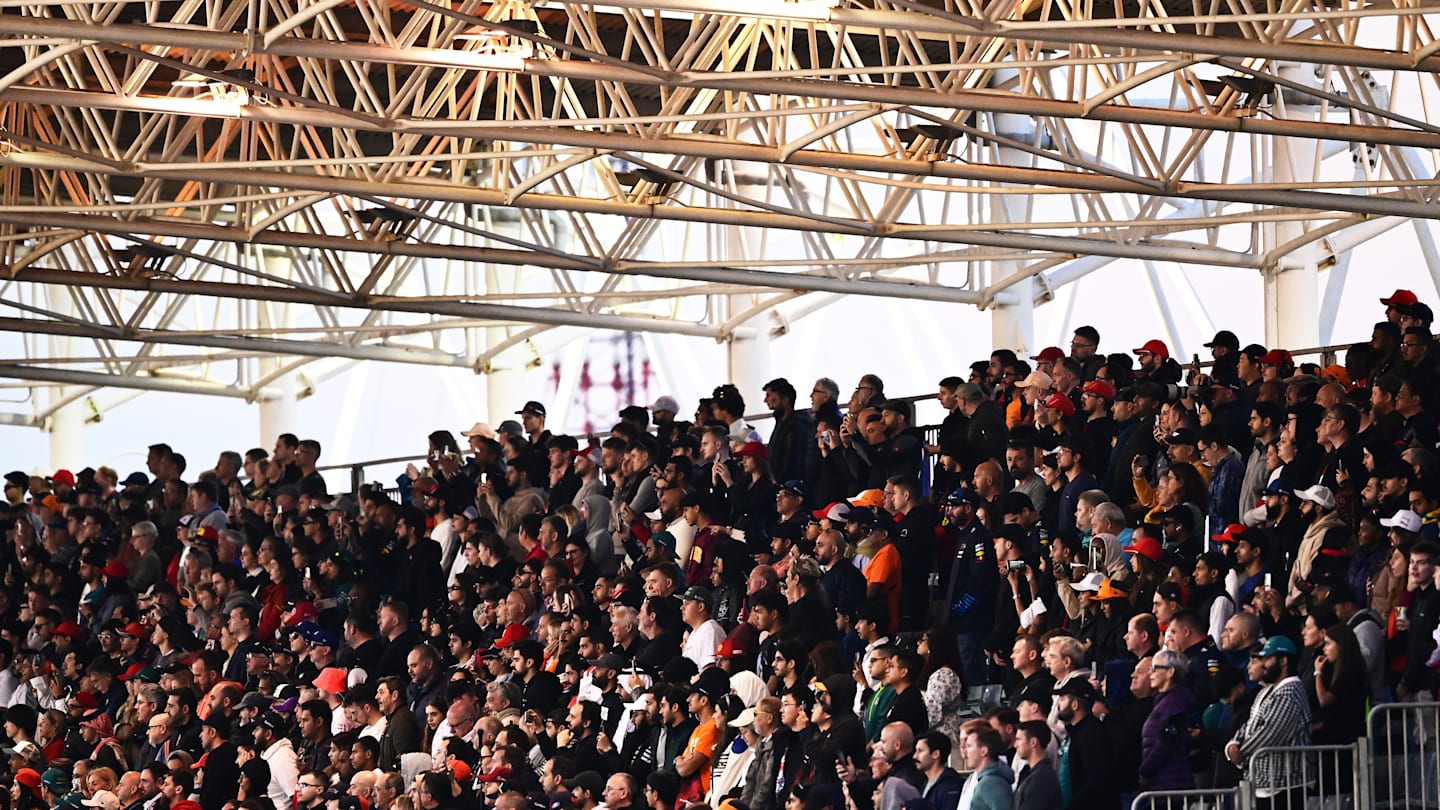
Various sustainability initiatives were in place when fans attended the season-opening Bahrain Grand Prix
Saudi Arabia
A biodiversity programme that took place in the paddock at Jeddah will contribute to the 50,000m2 of landscaping at the circuit.
Elsewhere, the introduction of the 'Waste Less' campaign focused on the reduction of food waste, with excess food donated to charities from the local areas, while over 40 schools took part in an initiative to educate and inspire young students from diverse backgrounds, including Saudi Arabia’s first Autism and Disability associations.
Australia
Multiple green energy solutions powered Round 3 in Australia, including 100% Certified Green Power from the grid, solar panels, hydrogen cell and biofuel powered generators. Reuse initiatives were also in place for plates and bowls from food vendors, and a coffee scheme that ensured no grounds went to waste or landfill.
Additionally, F1 hosted a low sensory pit lane walk for those with neurodivergent sensitivities where lights were dimmed, machinery use was reduced, and car engines were turned off.
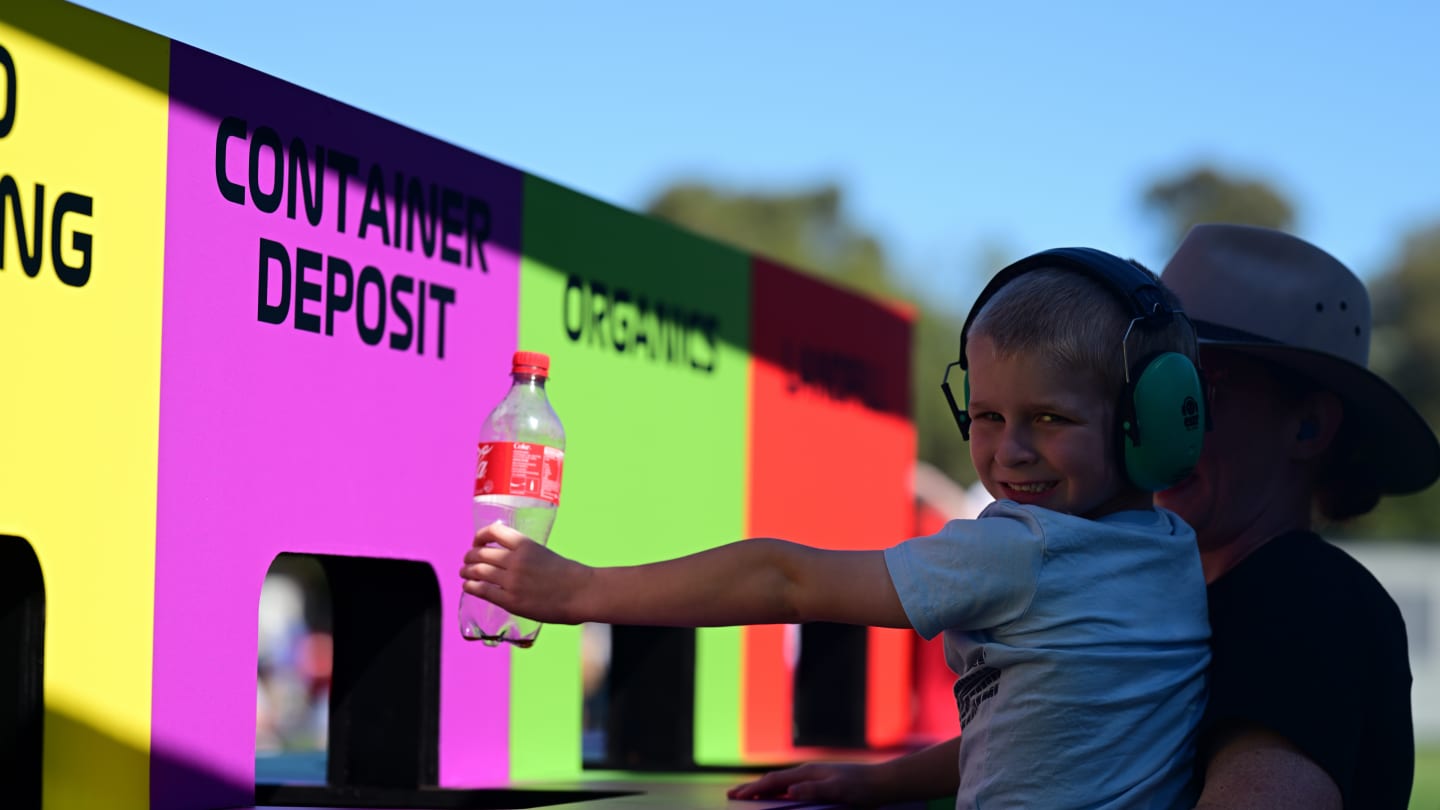
Recycling formed a part of the sustainability efforts at the Australian Grand Prix
Japan
The Safety and Medical Cars used at the Japanese Grand Prix were powered by 40% sustainable fuel for the first time this season.
Furthermore, 4,000 local families and students attended a special community pit lane experience to get up and close to the team garages at the iconic Suzuka Circuit, and any leftover food from the paddock and hospitality areas was donated to local food banks.
READ MORE: How sustainable fuels can benefit the world – and are more than just the future of F1
China
Ahead of China, we launched our first ever Impact Report providing an update on our ESG work and progress, which highlighted:
• F1 is on track to hit the Net Zero by 2030 goal.
• The next steps on the journey including investment in alternative fuels and next generation operations.
• How F1 is becoming more diverse and inclusive as a sport.
2023 F1 Impact Report
Miami
Ten local minority-owned food and beverage vendors were given ‘Golden Tickets’ that gave them the opportunity to trade at the Miami Grand Prix.
Elsewhere, local students of all ages got a behind-the-scenes look around the campus and a learning experience about working in motorsport. Plus, 19 students were also selected from local colleges to work in the MIA Internship program in the build-up to the event across various operational areas, allowing them to get hands-on experience.
Emilia-Romagna
The Imola circuit partnered with a local female mechanics programme to offer an insight into the world of F1.
In other initiatives, Il Tortellante – an inclusive community programme that teaches people with autism how to make fresh pasta by hand – served paddock guests, and Awabots connected young fans from a local hospital to their F1 heroes via a live video stream.
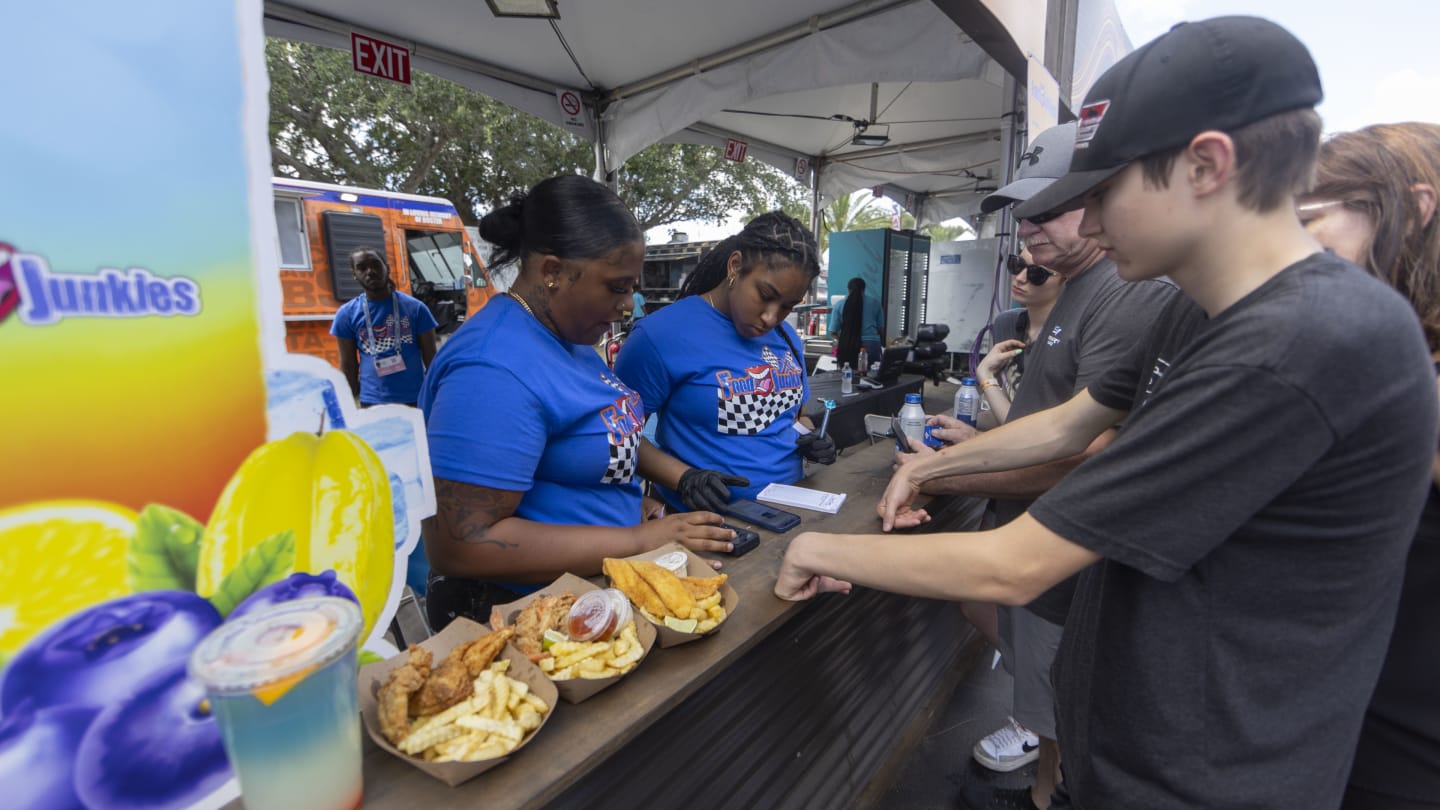
Several local food and beverage vendors were given the opportunity to trade at the Miami Grand Prix
Monaco
In Monte Carlo, a bespoke water desalination system turned seawater into fresh water to wash more than 50,000 reusable cups for fans across the weekend.
The Automobile Club Monaco worked with Resin’Esterel – an association to upskill unemployed people from the local community – to upcycle last year's bibs, posters and signage into merchandise for fans. Plus, renewable energy was used across the circuit to help power the event.
Canada
STEM students had the opportunity to speak to drivers and engineers about their passion and get an invaluable insight about the sport that could help to shape their future career progression.
Meanwhile, 97% of attendees at the Canadian Grand Prix used lower carbon methods to make their way to the event, and the event’s Grid Kids were selected from the local community, including Le Petite Renards, which helps children and teenagers living in vulnerable situations.
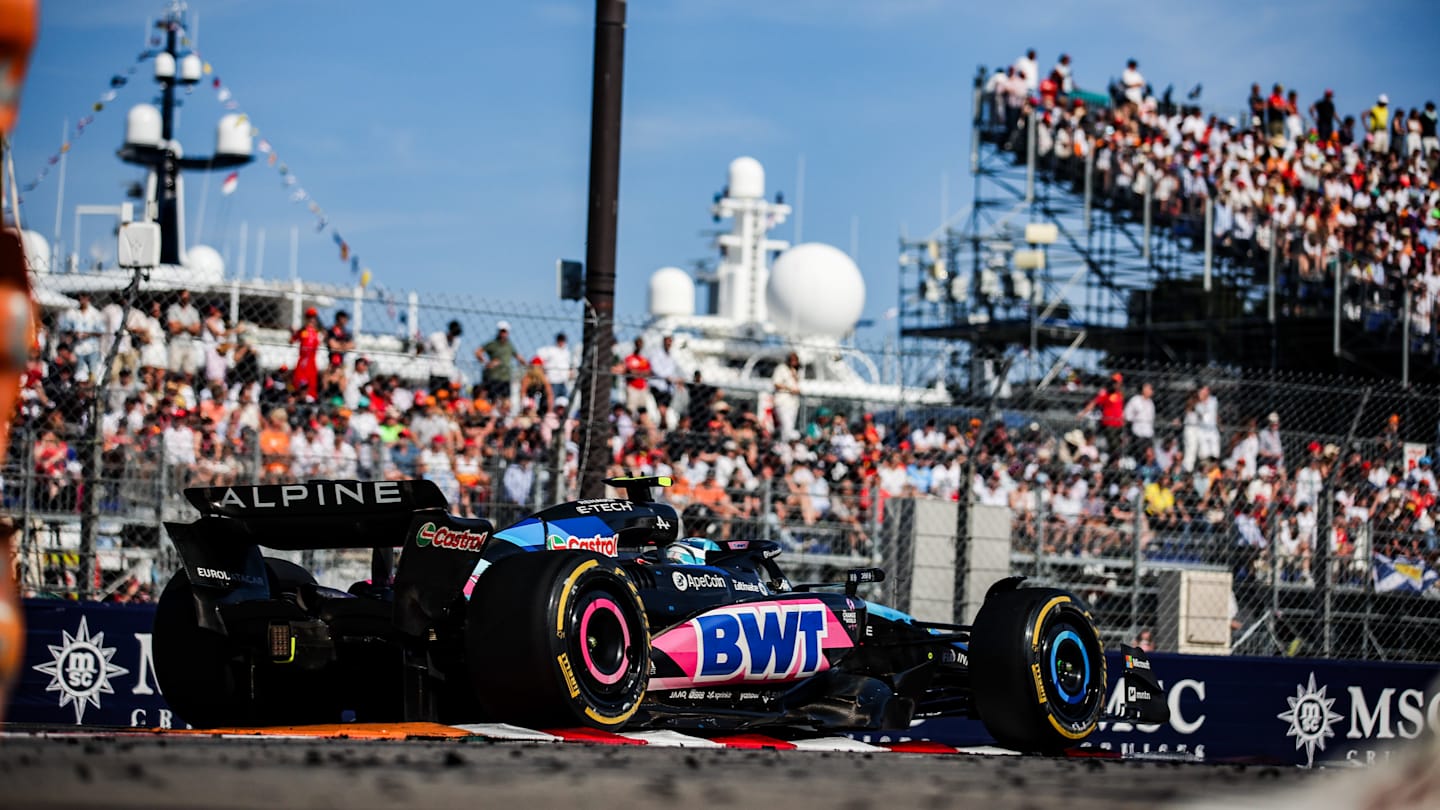
Renewable energy was used to help power the Monaco Grand Prix weekend
Spain
The Circuit de Barcelona-Catalunya transitioned to renewable energy sources, including the installation of 1,239 new solar panels, while a long-standing biodiversity programme utilised the 25 hectares of forest surrounding the track.
Oil drums and tyres from previous events were upcycled into walling and bins around the venue.
Austria
Fan travel has been a key initiative for the promoter in Austria for many years, with attendees encouraged to use greener modes of transport, including bus and bike. The Red Bull Ring prioritises local produce and businesses, with 85% of key suppliers from Austria and half of those coming directly from the region of Styria.
Plus, an organisation who mentor disadvantaged Austrian youths brought young fans to the circuit for a paddock tour and unique Strudel-making experience with the Red Bull drivers.
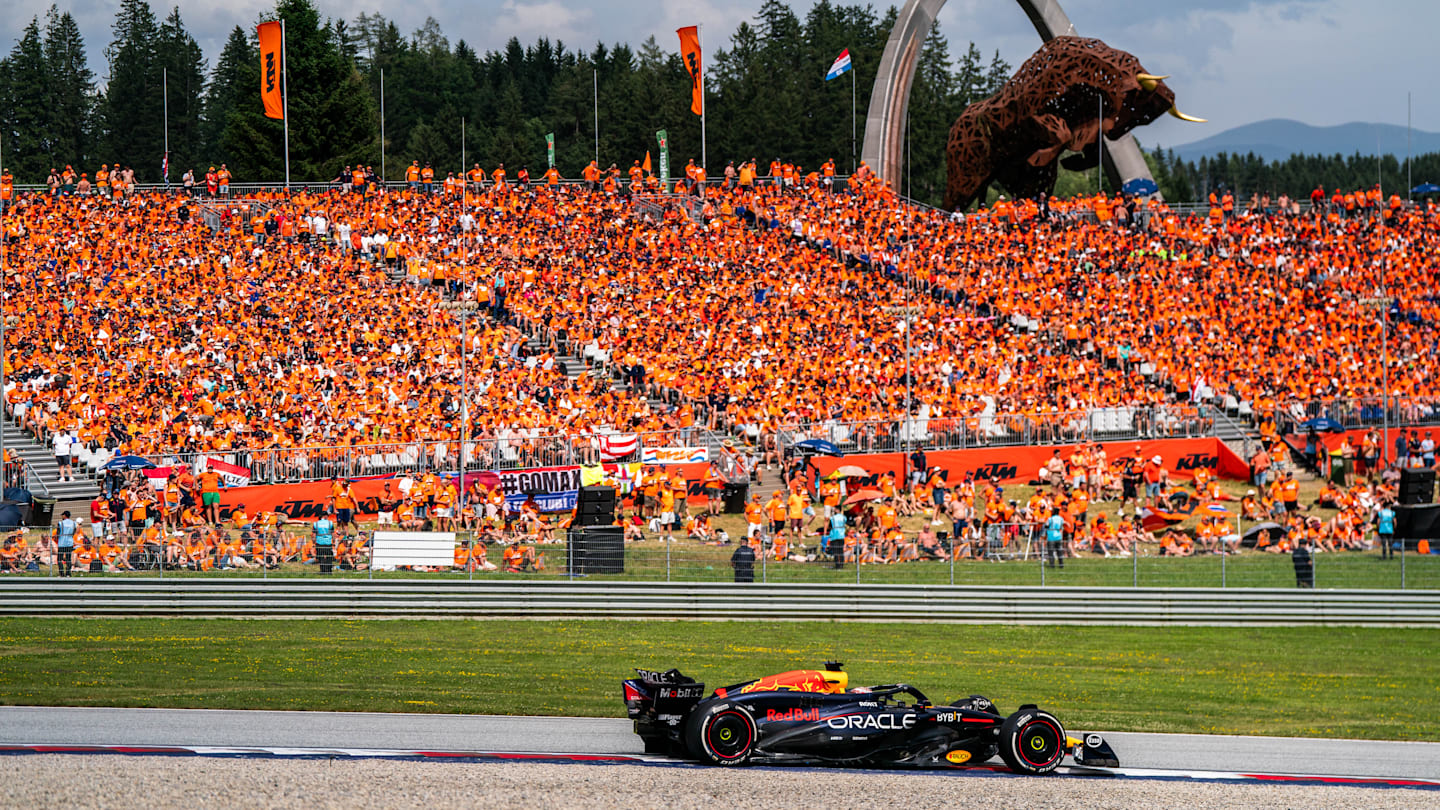
Fans attending the Austrian Grand Prix were encouraged to use greener modes of transport
Great Britain
F1 welcomed 16 of its Engineering Scholars from the UK and Italy to Silverstone, where they received a full day of unique experiences including paddock and garage tours and a networking event with F1 supported charity Mission 44.
Additionally, supported by charities Make-A-Wish, Great Ormond Street Hospital and Race Against Dementia, Formula 1 raised over £60,000 for their respective charities and we welcomed critically ill children and their families into the paddock for behind-the-scenes tours.
Silverstone continues to increase its efforts in powering the event through multiple sources of renewable energy and is aiming to reach a waste recycling rate of 50% across the event. There was also a special sustainability-focused fan area called the Zero Zone, to educate and engage fans on the topic.
Hungary
Local organisation the Institute for the Blind and students were treated to tours of the paddock and team garages. They also had the chance to meet their F1 heroes and take part in a special Fan Zone activation that showcased Braille-focused art.
Numerous activities in the Fan Zone promoted and educated fans on sustainability, including recycling ‘voting’ stations and info on the circuit’s Sustainable Development Goals, while the low-carbon energy generation system F1 used in Austria in 2023 and 2024 – which saved >90% of carbon emissions whilst powering the pit and paddock areas – featured for the first time at the Hungaroring.
Make-A-Wish International ambassador, Pierre Gasly speaks about the importance of the charity's work
Belgium
A continued push by the promoter in Belgium encouraged the use of greener travel options, which has resulted in a 40% increase in fans using public transport to reach the Spa-Francorchamps circuit since 2022.
More than 1,000 fans from the local community took part in a pit lane walk, and children from a local charity supporting those from vulnerable backgrounds were given a once in a lifetime behind-the-scenes tour before meeting some of the F1 drivers.
All waste from the event is redirected from landfill, with 80% recycled and the rest going to energy recovery.
YOU MIGHT ALSO LIKE
Live Blog AS IT HAPPENED: Follow all the build-up ahead of the Spanish Grand Prix weekend
FeatureF1 Unlocked PADDOCK INSIDER: Norris’ Monaco win breathed new life into the title fight – can he back that up in Spain?
News Victor Martins to make F1 weekend debut as Williams confirm F2 racer for FP1 in Barcelona
News What is the weather forecast for the 2025 Spanish Grand Prix?
